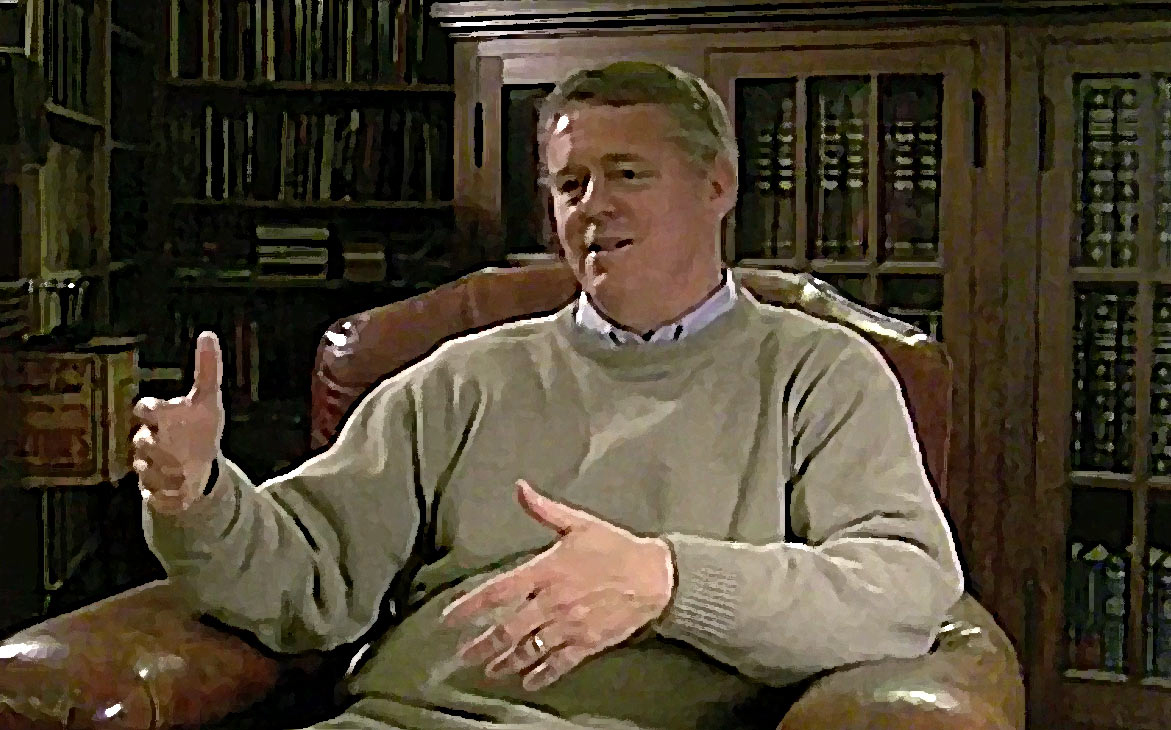Should policemen be required to wear cameras?
Some already do. The rationale for the proposal is this: when police wear cameras that — with a few carefully defined exceptions — must be on whenever officers are on the job, they do their jobs better.
With respect to the furor in Ferguson, Missouri, a big question is what exactly happened there the day a cop shot and killed Michael Brown.
Officer Darren Wilson claims self-defense; he and eyewitnesses disagree about details.
It would have been helpful to have video of what happened. (We do have video of an immediately preceding incident: of Brown, a large man, robbing cigars from a local store and shoving the protesting store owner, a much smaller man.)

Or consider another case I’ve discussed, that of Eric Garner, the New York City cigarette seller killed by an officer’s chokehold despite Garner’s repeated insistence that he couldn’t breathe. That death was recorded on a bystander’s cell phone. What if it hadn’t been? The shock has spurred renewed calls to begin outfitting NYPD with cameras.
But there’s no reason to limit pilot programs to the Big Apple.
Some police work, like meetings with confidential informants, cannot be recorded without making the work impossible. But cops who are on the beat, entering a home, stopping motorists and the like should be recorded while doing these things. With appropriate safeguards against “malfunction,” the cameras could both prevent unnecessary violence and support officers who are in fact justified in using deadly force.
Until the advent of universal peace and harmony, let’s give the cameras a try.
This is Common Sense. I’m Paul Jacob.





